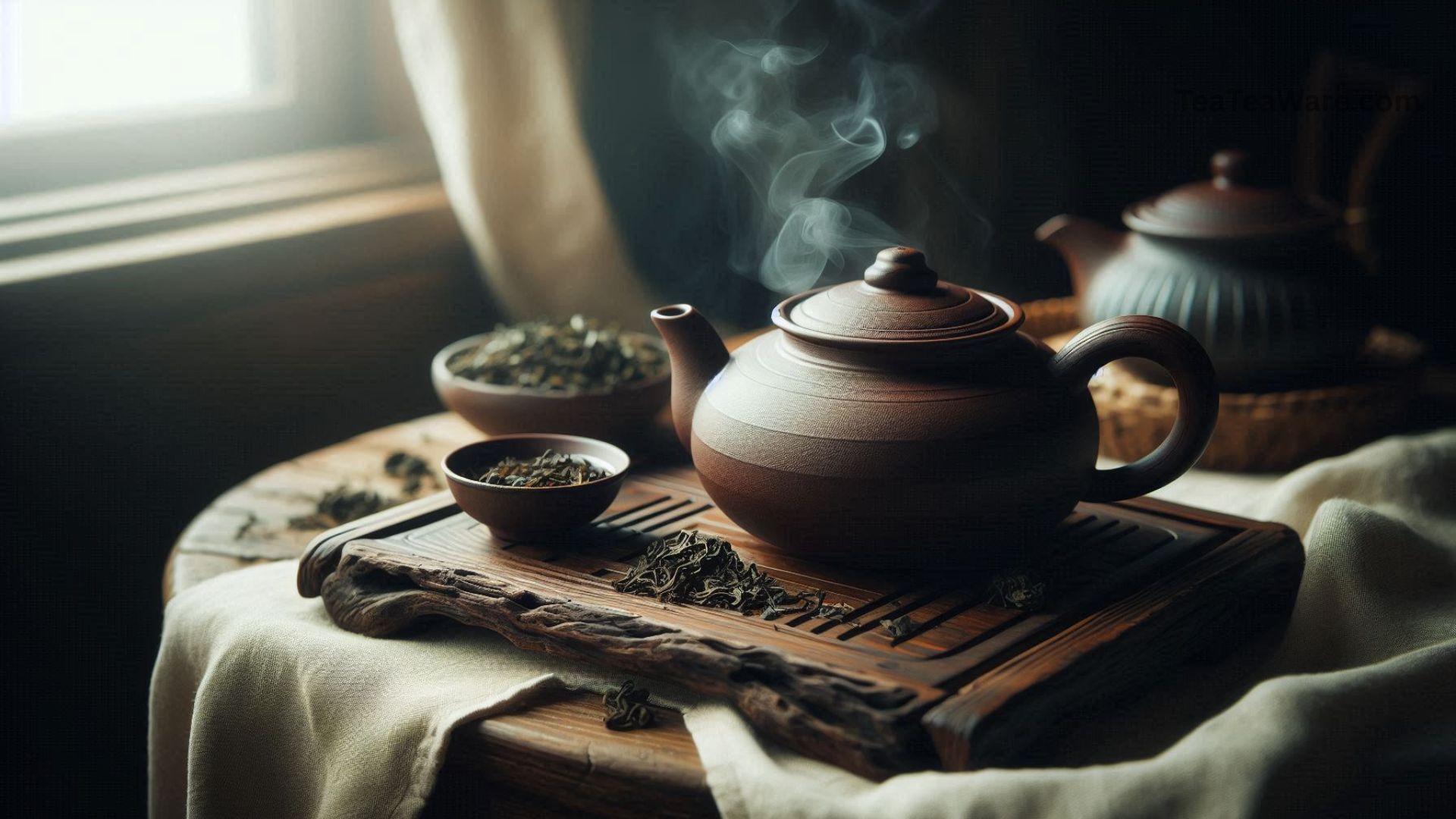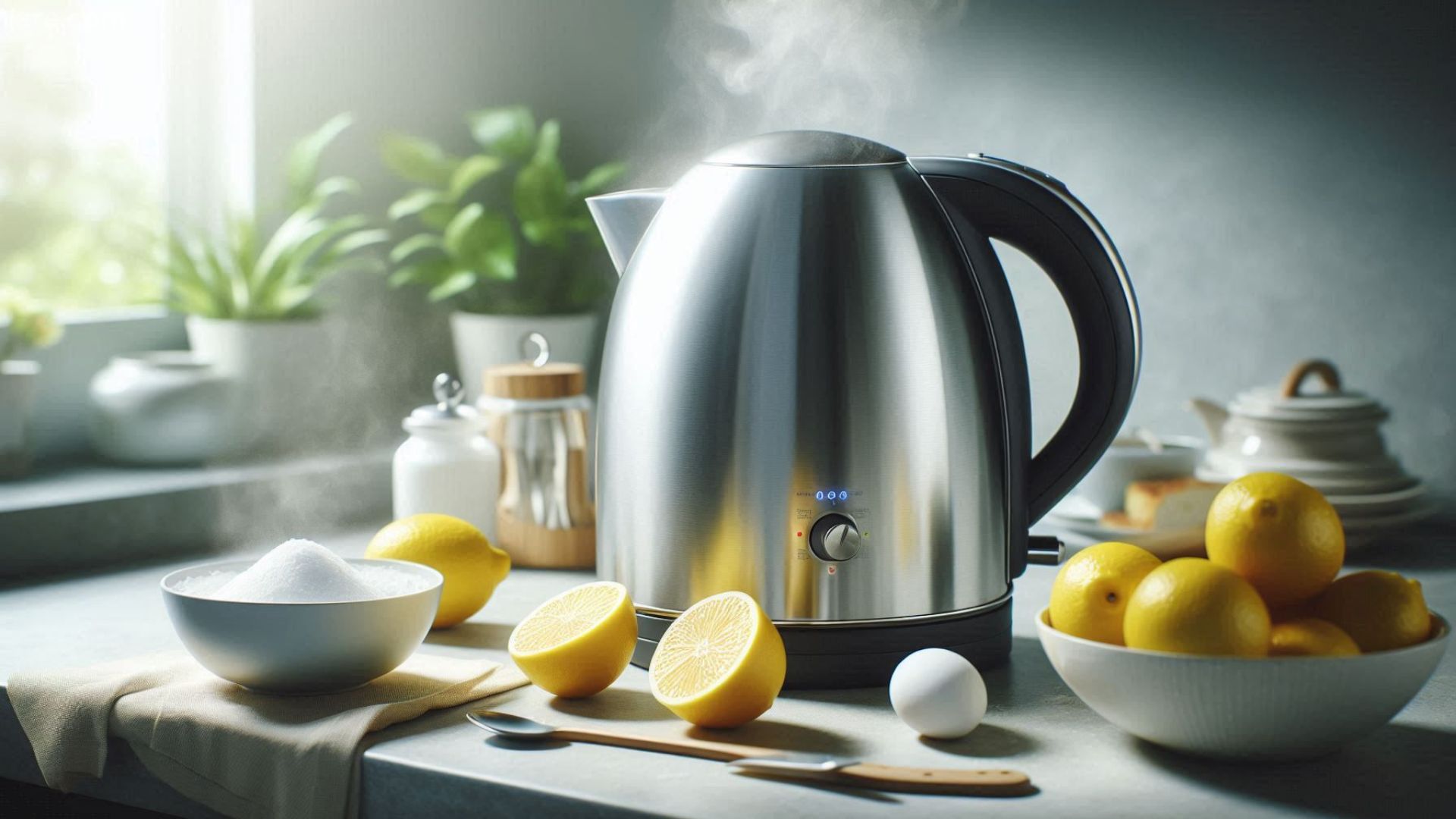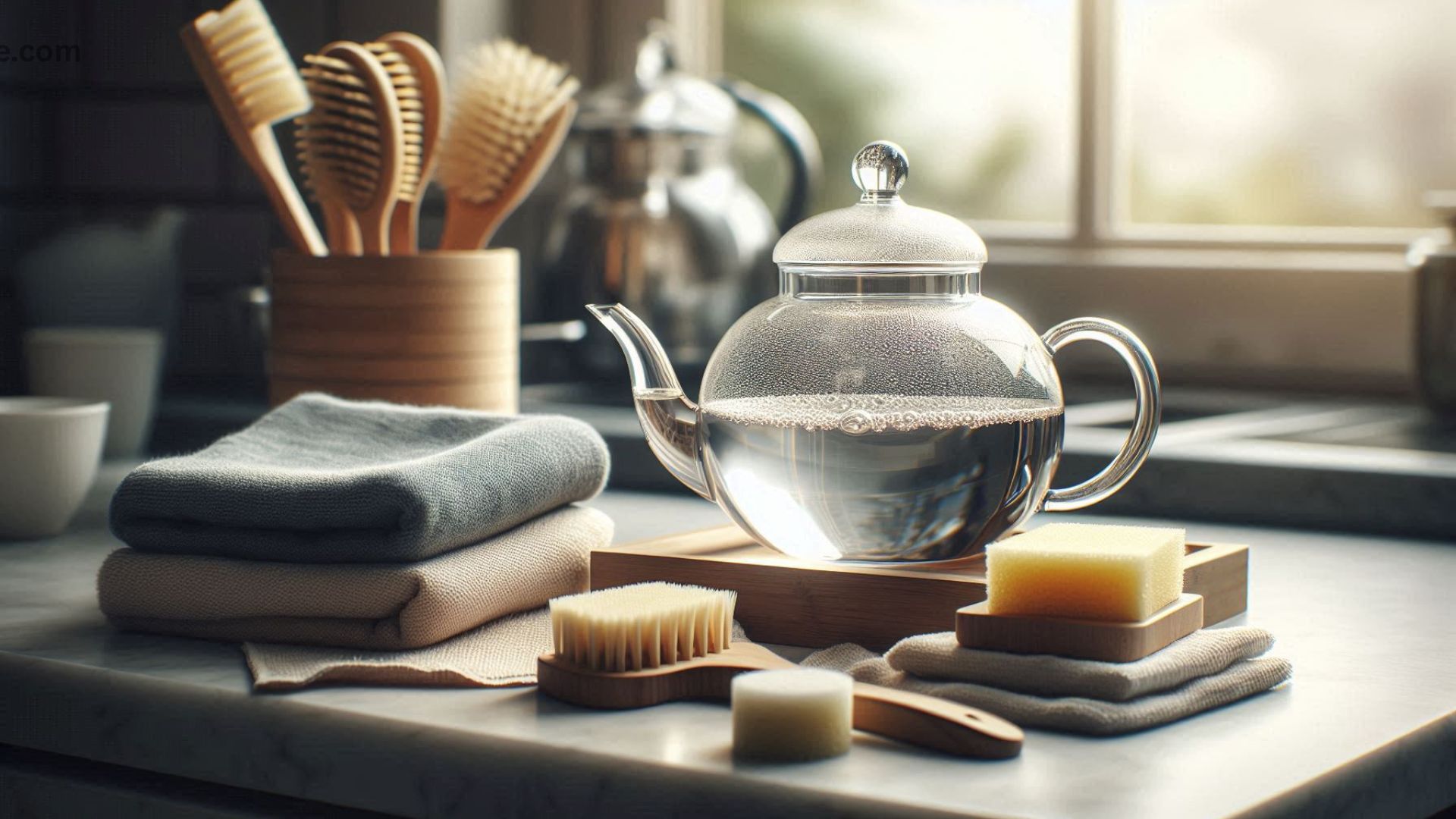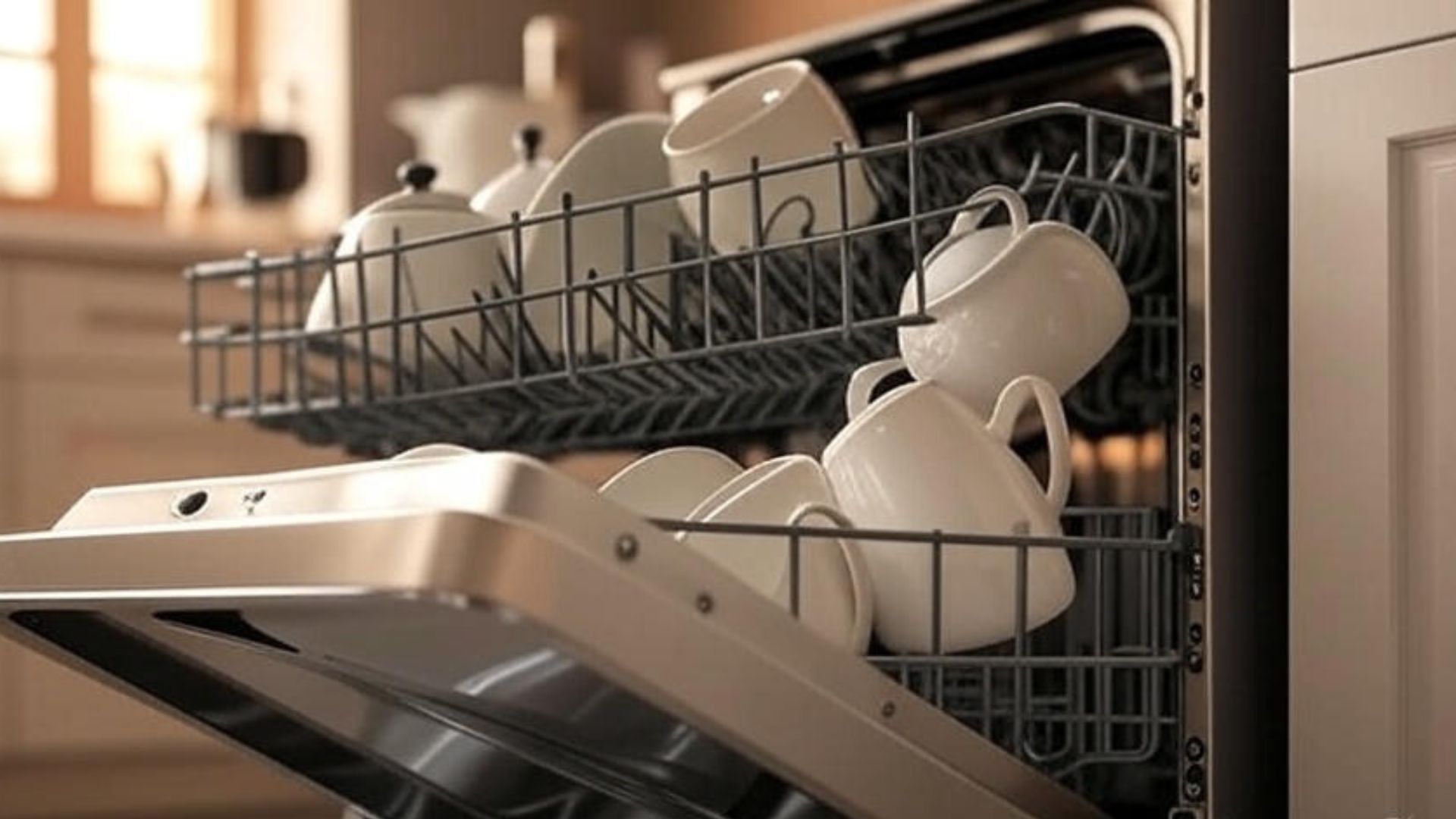Ever picked up a clay teapot and felt like it held a little mystery inside? You’re not imagining things — these teapots, especially ones made from Yixing (China) or Tokoname (Japan) clay, aren’t just pretty to look at. They’re packed with history, tradition, and even a bit of magic.
One common question tea lovers ask is: Do I need to season a clay teapot?
The short answer: Yes — if you want your tea to taste smoother, richer, and better every time you brew it.
Let’s break it down in simple terms.
What’s a Clay Teapot?
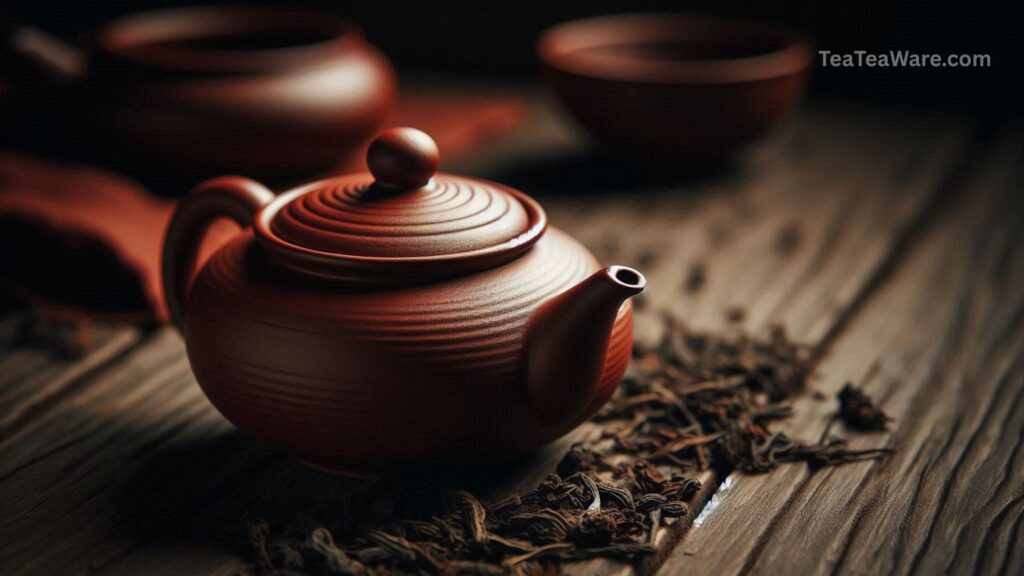
Clay teapots are beloved by traditional tea drinkers because they bring out deep, complex flavors in your tea. The most famous ones come from Yixing and Tokoname and are made from unglazed, porous clay. What’s cool about this clay is that it absorbs the aroma and oils from the tea, creating a kind of “memory” inside the pot. That memory makes each brew taste better than the last.
What Does “Seasoning” Mean?
Don’t worry — it has nothing to do with salt or spices!
Seasoning a clay teapot simply means preparing it properly before regular use. It removes factory dust and helps the pot start absorbing your chosen tea’s flavor. Think of it like breaking in a new pair of shoes — it just gets more comfortable and better over time.
Do You Need to Season All Teapots?
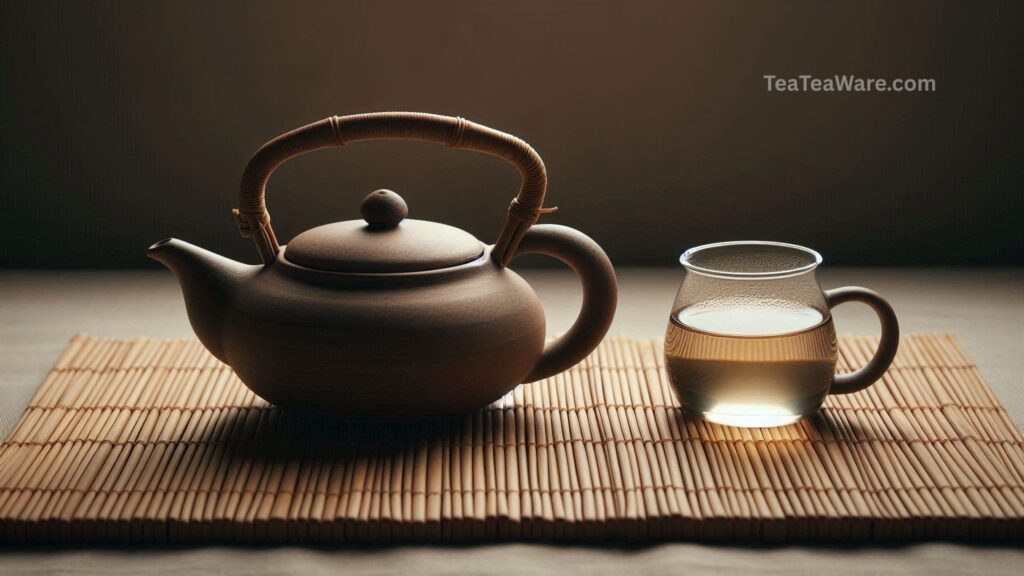
Nope! Only unglazed clay teapots need seasoning. If you’ve got a porcelain or glazed teapot, you can skip this step. But if you’re using a Yixing or Tokoname pot, seasoning is a must if you want the best flavor experience.
Why Seasoning Matters
- Better Taste: Your tea will taste smoother and more flavorful over time.
- Beautiful Patina: Clay teapots develop a lovely dark shine as they age.
- Improved Performance: Seasoned clay handles heat better and brews more evenly.
But here’s the catch: clay teapots “remember” the tea you use, so it’s best to stick to just one type of tea per pot (oolong, black, pu-erh, etc.).
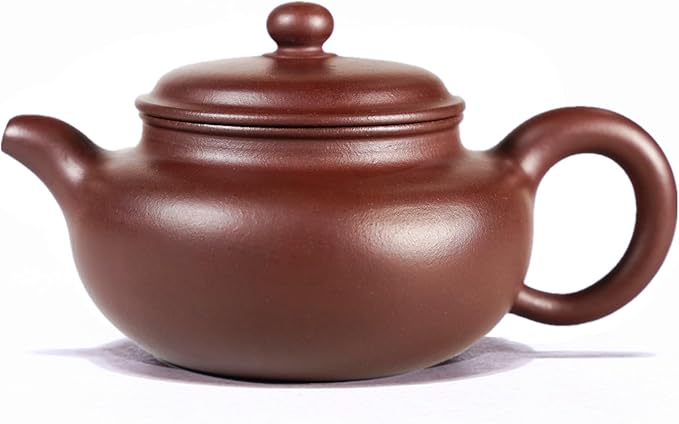
Handmade Yixing Clay Teapot
A real Yixing teapot is the ideal candidate for seasoning. Its porous clay absorbs flavors and enhances tea over time — perfect for serious tea drinkers.
Also Read: How to Brew Tea for Two Using a Teapot?
How to Season a Clay Teapot (Step-by-Step)
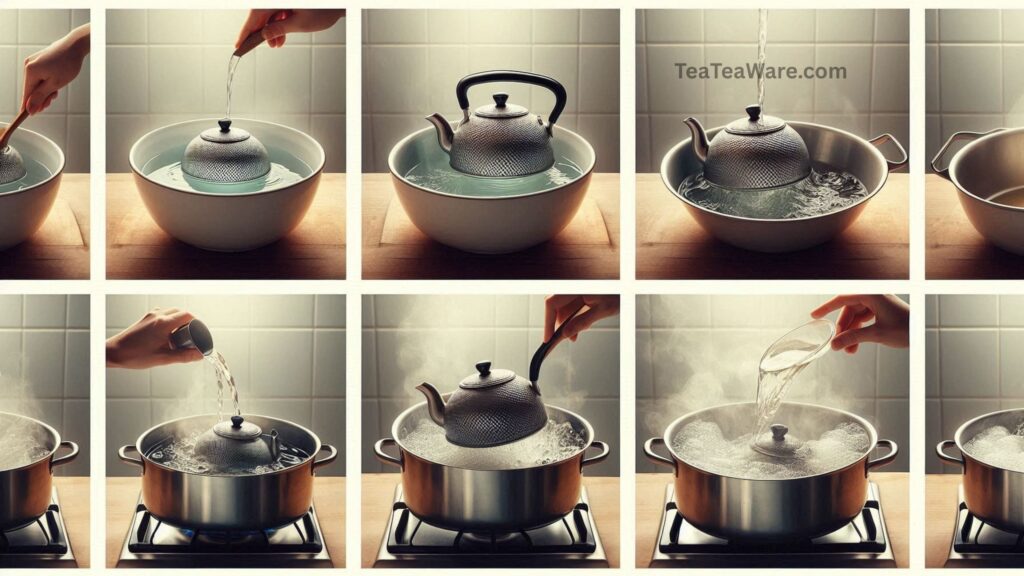
Step 1: Rinse the Teapot
Gently rinse your new teapot with warm water — no soap! Just water.
Step 2: Boil It
Put your teapot in a large pot of cool water. Slowly bring it to a boil and let it simmer for about 30 minutes. This cleans out any factory dust and opens up the clay’s pores.
Step 3: Soak with Weak Tea
Brew a mild batch of the tea you plan to use regularly. Pour it into the teapot and let it soak for a few hours.
Step 4: Repeat
Do this tea-soaking process 2–3 times. Then, let the teapot air dry completely (don’t towel-dry it).
Step 5: Dedicate It to One Tea
Once seasoned, always use the same type of tea in that pot. Switching teas can mess with the flavor buildup.
Tips for Success
- Use filtered or spring water — avoid tap water if possible.
- Be patient — good seasoning takes time.
- Use high-quality loose-leaf tea, not flavored or bagged tea.
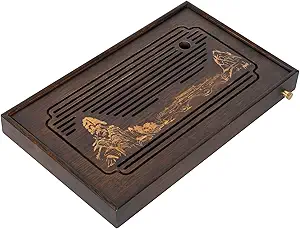
15 Inch Bamboo Kung Fu Tea Tray
When seasoning a clay teapot, it’s helpful to have a tray that drains excess water and catches spills — essential for both prep and daily use.
Also Read: The Best Teapots for Caffeine-Free Tea Lovers
Mistakes to Avoid
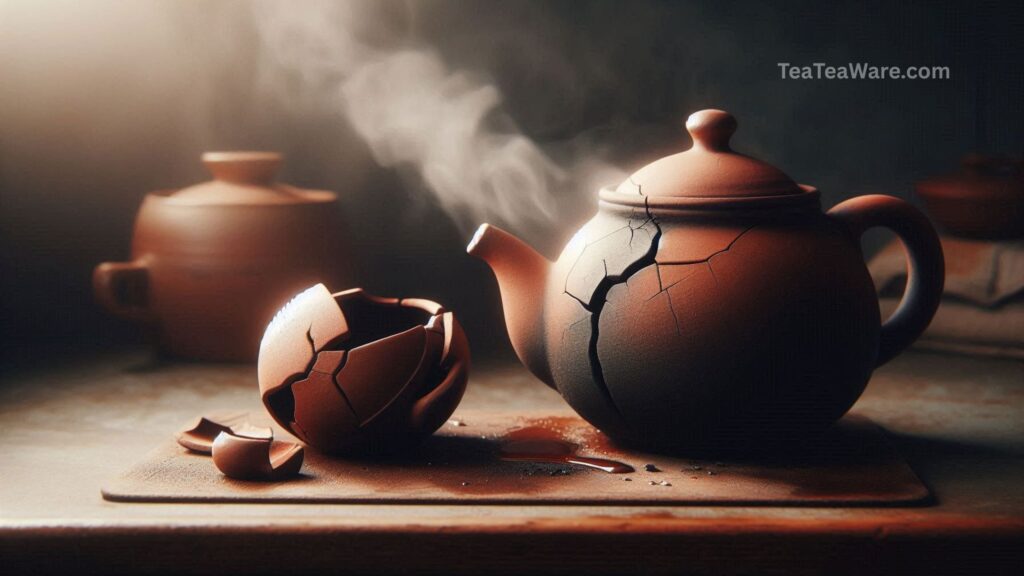
- Don’t use soap — it ruins the clay’s absorbent surface.
- Don’t mix tea types — it confuses the flavor memory.
- Never boil the pot dry — always make sure there’s water in it.
How Long Does Seasoning Take?
The initial process takes a day or two. But like a good friendship, it gets better over time. The more you use your clay teapot, the more seasoned it becomes — and the better your tea tastes.
Can You Use a Clay Teapot Without Seasoning?
Sure, but don’t expect magic right away. The flavor may come out flat or dull, especially with delicate teas. Seasoning helps unlock the pot’s full potential.
How to Take Care of a Seasoned Clay Teapot
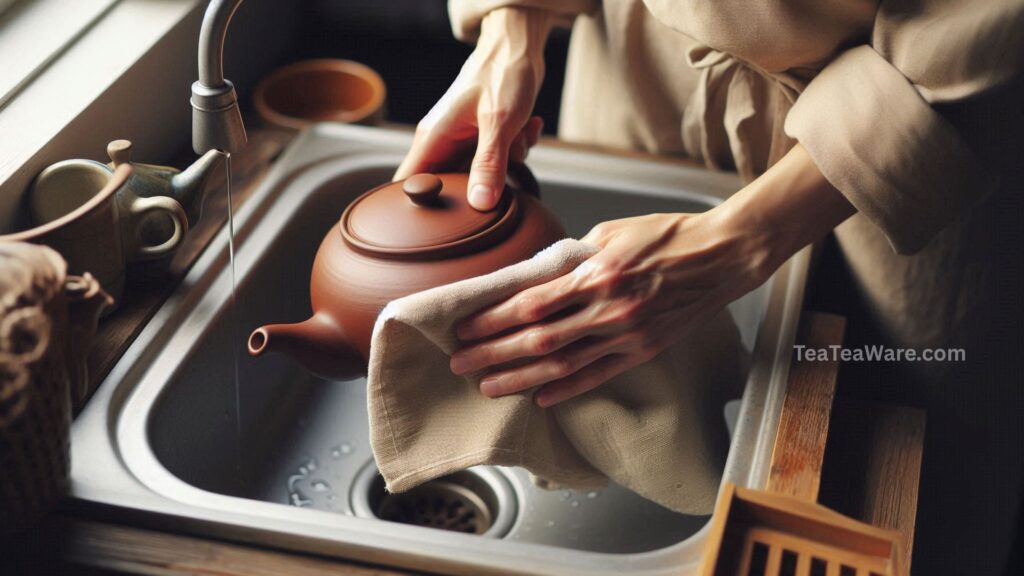
- Rinse with warm water after each use
- Don’t scrub or use soap
- Let it air dry completely before storing
- Store it with the lid off in a clean, dry place
Best Teas to Use in Clay Teapots
- Oolong: Brings out complex, floral notes
- Pu-erh: Builds deep, earthy flavors
- Black Tea: Great for bold, full-bodied infusions

Full Circle Be Good Bamboo Handle Dish Brush – Sustainable Kitchen Cleaning with Tough Bristles
After seasoning, it’s important to clean your clay teapot without soap. This gentle brush helps remove tea stains and debris while preserving the teapot’s seasoning.
Also Read: What to Look for When Buying a Glass Teapot?
Final Thoughts
Seasoning your clay teapot is a small step that makes a big difference. It’s part of the ritual — a way to build a deeper connection with your tea over time. So if you’ve just gotten your first Yixing or Tokoname pot, take the time to season it. Your future cups of tea will thank you!

